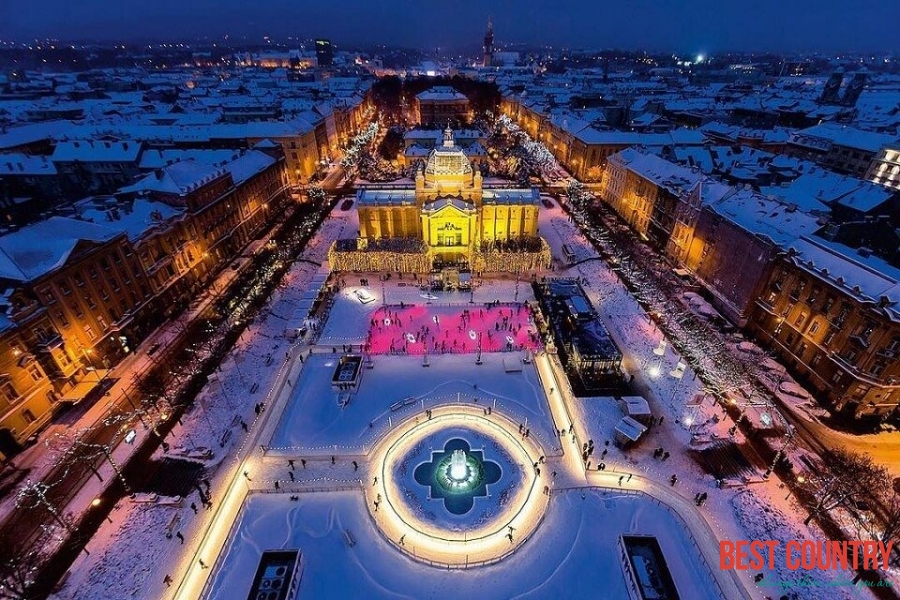Croatia Christmas Traditions

Christmas Eve in Croatia
Christmas Eve, called Badnjak in Croatia, is celebrated in a similar manner to other countries of Eastern Europe. Straw may be placed underneath the Christmas Eve tablecloth. Fish, as a substitute for meat, is served, though a meat dish is usually served as the entree on Christmas Day. A yule log may be burnt and church may be attended.
On Christmas Eve, the Christmas wheat, which has been sprouting since St. Lucy's Day on the 13th of December, is tied with ribbon in the colors of the Croatian flag – red, white, and blue. Sometimes a candle in combination with other symbolic items is placed within the wheat.
Christmas Day is spent with family or at church.
Santa Claus and Gift-Giving in Croatia
Some Croatians open gifts on Christmas Day, but Croatia also recognizes St. Nicholas Day. Gifts are sometimes given on St. Lucy's Day, as well. The Croatian Santa Claus is sometimes described as Djed Mraz (the Croatian counterpart of Ded Moroz, who may visit children on New Year's Eve), Djed Božićnjak (Grandfather Christmas), or Baby Jesus.
Croatian Christmas Decorations
Besides sprouting wheat, Croatians decorate with wreaths and trees. Licitar hearts – or hand-decorated cookies – often decorate Christmas trees in Croatia. Christmas creches are also used for decoration in Croatia. Various greenery, including evergreen boughs, is a very traditional type of Christmas decoration.
Christmas Gifts from Croatia
If you're shopping for Christmas gifts in Croatia, consider local products like olive oil or wine. Other gifts from Croatia include jewelry, embroidery, and the licitar hearts that are sold by vendors offering traditional goods.